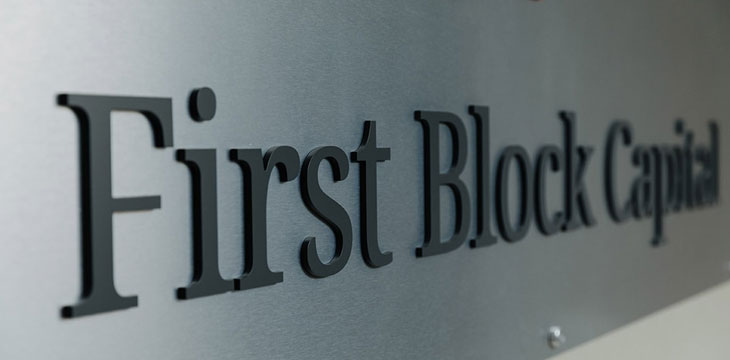|
Getting your Trinity Audio player ready...
|
Canadian firm First Block Capital Inc. announced that its FBC Bitcoin Trust has “achieved mutual fund trust status,” meaning the funds can be placed in Tax-Free Savings Accounts (TFSAs) and Registered Retirement Savings Plans (RRSP).
In its press release, First Block said the fund would allow “qualified investors” to have exposure to BTC “without having to acquire, store or manage the underlying [BTCs].” The shares are said to be eligible as mutual funds under Canada’s Tax Act, with over 150 shareholders within a year of the fund’s launch.
First Block CIO Marc van der Chijs said, “Our goal is to make investments in the digital currency asset class more accessible and we are one step closer to achieving this goal by allowing unit holders to place units in government sponsored tax efficient vehicles.” The shares can be purchased through the NEO Connect platform.
In 2017, the fund had a peak of $30.3 million in assets managed, which has gone down to about $15.2 million. First Block CEO Sean Clark said, “The price of [BTC] is still going up, year over year. The price spike in December was from a lot of speculation and the market getting ahead of itself. Now that it has settled down, now is the time to enter the market.”
The company is also preparing an exchange-traded fund (ETF), supposedly launching this month, pending regulatory approval. The FBC Digital Ledger Technology Adopters ETF will be a mix of exposure in cryptocurrency assets and stocks. Chief Operating Officer Bill Stormont, in a The Globe and Mail article, said roughly 75% of the fund will be invested in blue-chip companies, with the remaining quarter invested “in higher-risk developers and cryptocurrency miners.”
“We’re really looking at companies that are household names—IBM, Maersk, Amazon—all of these big companies which are using blockchain to enhance their business,” Stormont said.
The Canadian government has announced that it would be postponing the release of new regulations related to cryptocurrencies and blockchain, to late 2019. Blockchain Association of Canada Executive Director Kyle Kemper said this meant “the government is committed to an innovation agenda and sometimes… it may be best to observe and intervene as little as possible.” But Blockchain Research Institute’s Cole Diamond said it was better to arrive at legal clarity on cryptocurrencies at an earlier time.
Because of its relatively low energy consumption costs, Canada has become a destination for cryptocurrency miners, including DMG Blockchain Solutions, which last July announced the setting up of a substation with a total capacity of 85 megawatts.

 03-04-2026
03-04-2026 




